Humans of Harker: Morgan Douglas plays the roles of both student and teacher
“I like to start discourse when I feel like I want to,” Morgan Douglas (12) said. “If I feel a certain way, I want to externalize that. It’s something I’ve discovered as I became a senior. Definitely, as a freshman and before then, I would just be very silent about the way that I felt about things, and I wouldn’t really try actively to make changes. I just felt that I didn’t have power to do anything, which was, in retrospect, wrong.”
January 4, 2018
Morgan Douglas (12) remembers her first tutoring session as a middle school writing mentor in her sophomore year. Her student had been bubbly and eager to talk, but when it came time to put pen to paper, the flow of conversation stopped. Time and time again, Morgan found herself staring at a sheet of still-blank paper as the hands of the clock swept towards the end of the tutoring session, until one day, she handed the pencil to her student and told her to draw whatever came to her mind.
“Every time she got a paper, she would say, ‘I have no idea what to write,’ Morgan said. “For one assignment, she had to write a story. I told her, ‘You can write about whatever you want, whatever comes to your creativity.’ Then, I would hand her a piece of paper, and she still wouldn’t know what to write.”
Despite the time and investment that tutoring took, Morgan soon found that understanding the needs of each of her students and helping them succeed was fulfilling to herself, but more importantly, to her mentees.
“I couldn’t follow a specific format for every student I tutored — I would have to cater to their individual needs, like their attention span,” Morgan said.
In general, Morgan prefers to act on her impulses and her desires rather than stay passive, and through gaining leadership roles, she has gained confidence in her ability to create change where she feels it is needed.
“Something that I was focusing on in my life was that I’m not a passive person and that I like to start discourse when I feel like I want to. If I feel a certain way, I want to externalize that,” Morgan said. “I’m definitely more comfortable as a senior saying and doing things than I was earlier. Definitely, as a freshman and before then, I would just be very silent about the way that I felt about things, and I wouldn’t really try actively to make changes. I just felt that I didn’t have power to do anything, which was, in retrospect, wrong.”
Though high school helped Morgan to become confident and proactive in her leadership roles, Morgan readily admits that she was once content to be the student who “just didn’t care.”
“In lower school, I was really unmotivated. I had no vision of how your academics impact your future. It took me until [high school] to realize that the things that we learn here serve us later, and that was a really major change,” Morgan said.
Morgan’s mother, upper school english teacher Dr. Anne Douglas, saw her daughter’s apathy in school and heard over and over from teachers that Morgan lacked drive and motivation. Nevertheless, Dr. Douglas knew that Morgan harbored a desire for knowledge that would serve her later in life.
“During her lower-school years, I was still working on my dissertation, often late into the night. Morgan was probably four, five, six years of age, at that time, and she would stand next to my desk with a smile on her face incessantly and she would say motivational comments and urge me on in such a mature way,” Dr. Douglas said. “It was really quite unnerving to me. I actually dedicated my dissertation to her.”
Morgan spent most of her lower-school years bouncing from activity to activity and class to class, never feeling as though anything in particular suited her. Coming from a family that had readily embraced music, Morgan tried several instruments from the piano to the viola to woodwinds, though she felt little enthusiasm for any of them.
“[Music] goes back in my family. Morgan’s grandmother on my side was a guitarist, and my mother was a guitarist and she had a beautiful voice. I played violin in a youth symphony, so I think that I’ve always tried in the household to promote the appreciation of music,” Dr. Douglas said. “But for Morgan, it was very difficult for her to find her first instrument.”
Eventually, Morgan settled on singing in the Harker lower school’s after school choir, though more out of necessity than passion. Slowly, Morgan grew into singing and performing, though not without challenges. During her first recital, a performance of Handel’s “Verdi Prati” took a disastrous turn when she forgot the lyrics mid-song.
“There’s video of me onstage saying, ‘I forgot the music,’” Morgan said, laughing. “That was a really bad experience, but from there, I started to really grow and get over stage fright and enjoy being a solo performer. And during my last recital, I was shocked that I didn’t feel nervous at all and that my sound was really good. I realized how far I’ve come in the past few years in terms of singing.”
Looking back on her struggles both academically and as a musician, Morgan notices that she has grown not only into her extracurriculars but also into her community.
“In high school, I’ve become more outgoing, and I talk to a lot more people now,” Morgan said. “I’ve also become more sympathetic. I struggled so much with school when I was younger, so I can really relate to people who are having trouble, and I have a lot of hope that things will improve for them over time.”































![Setter Emma Lee (9) sets the ball to the middle during the match against Pinewood on Sept. 12. “[I’m looking forward to] getting more skilled, learning more about my position and also becoming better friends with all of my teammates, Emma said.](https://harkeraquila.com/wp-content/uploads/2023/09/DSC_4917-2-1200x795.jpg)








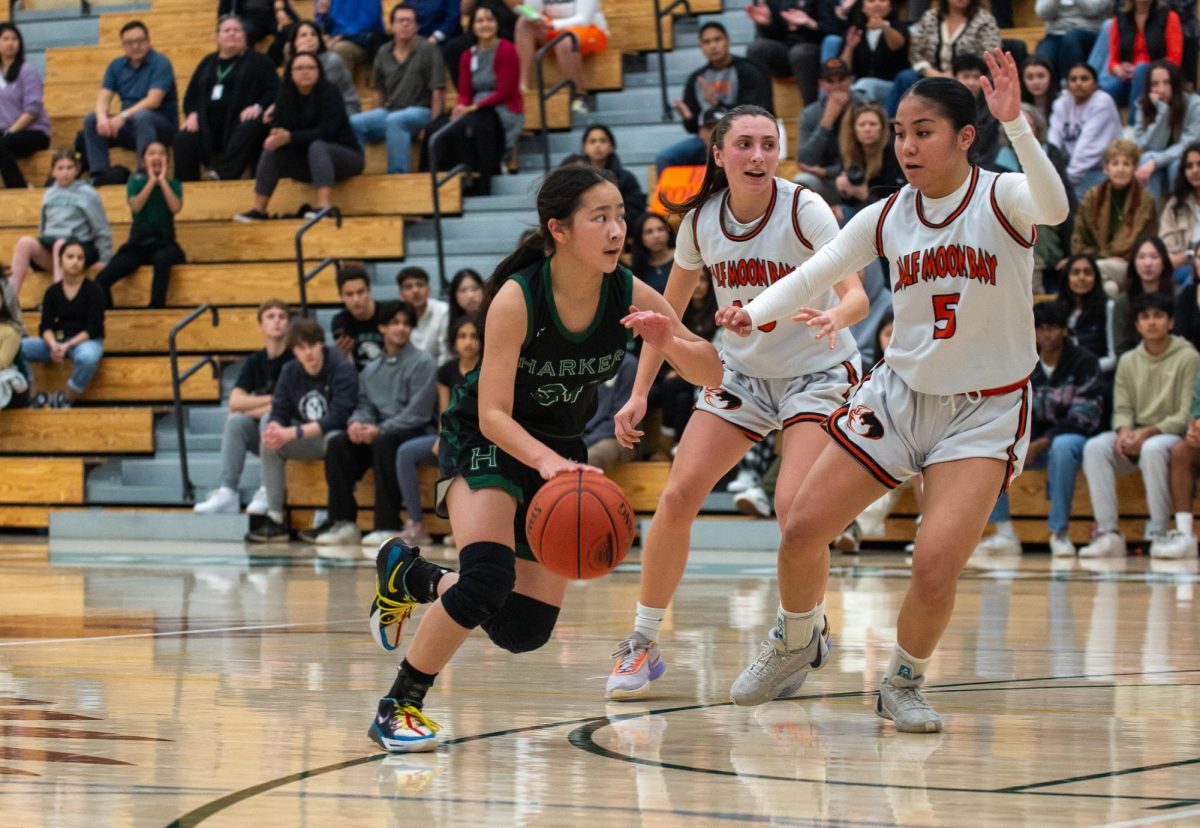























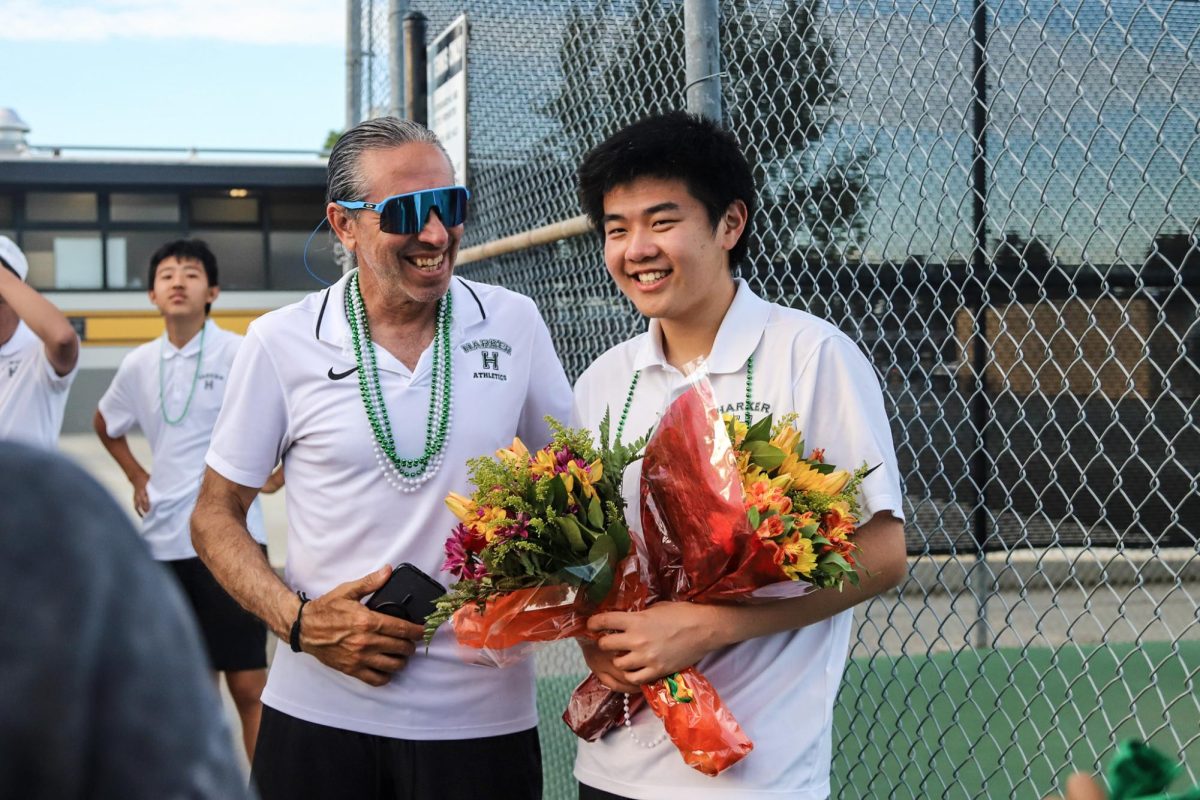
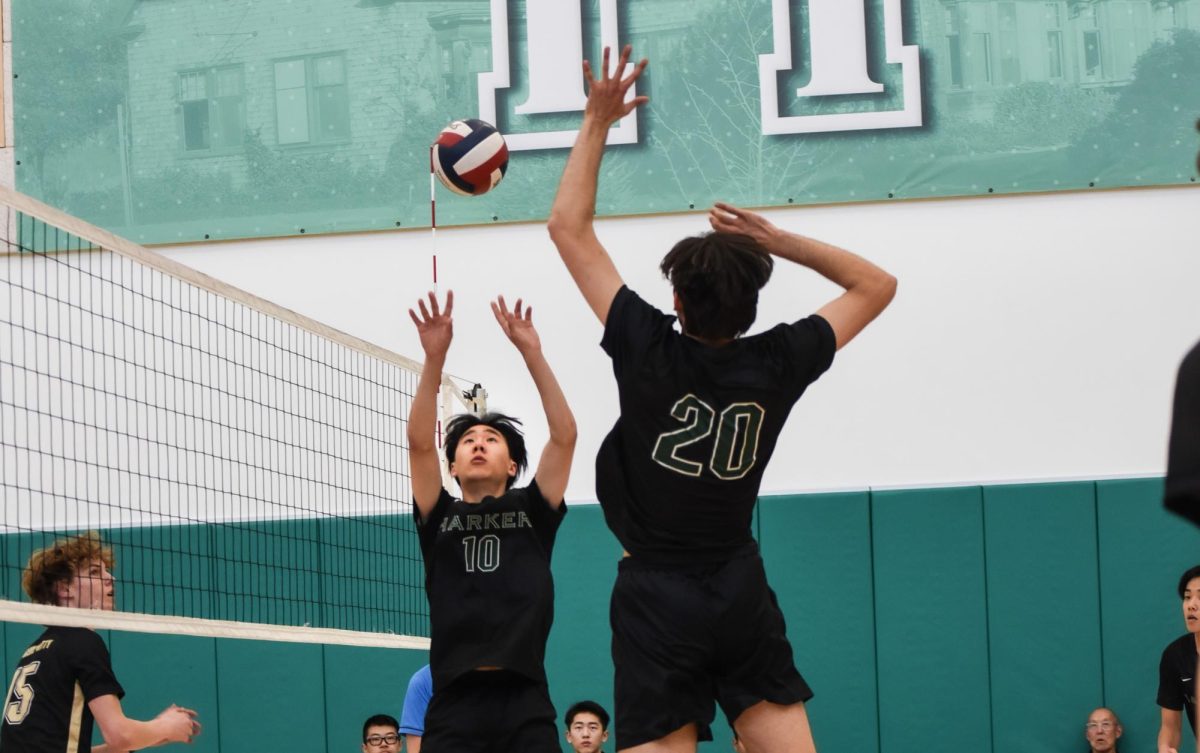
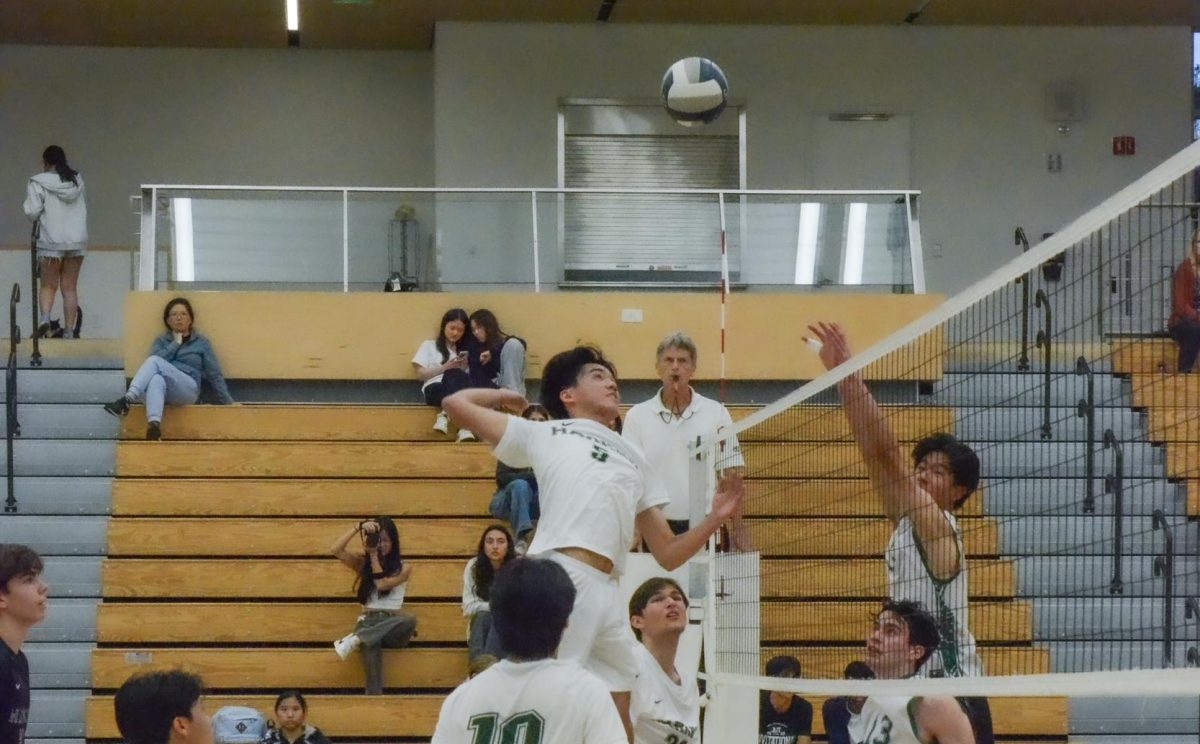
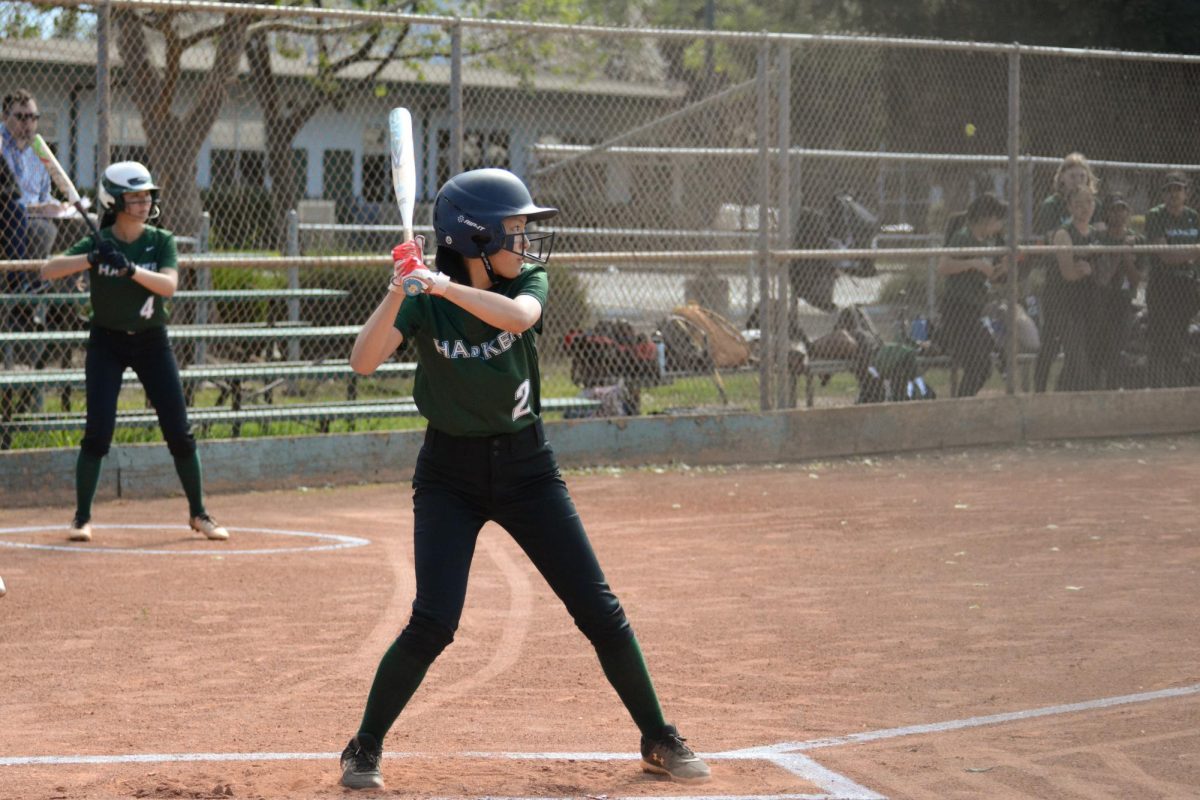
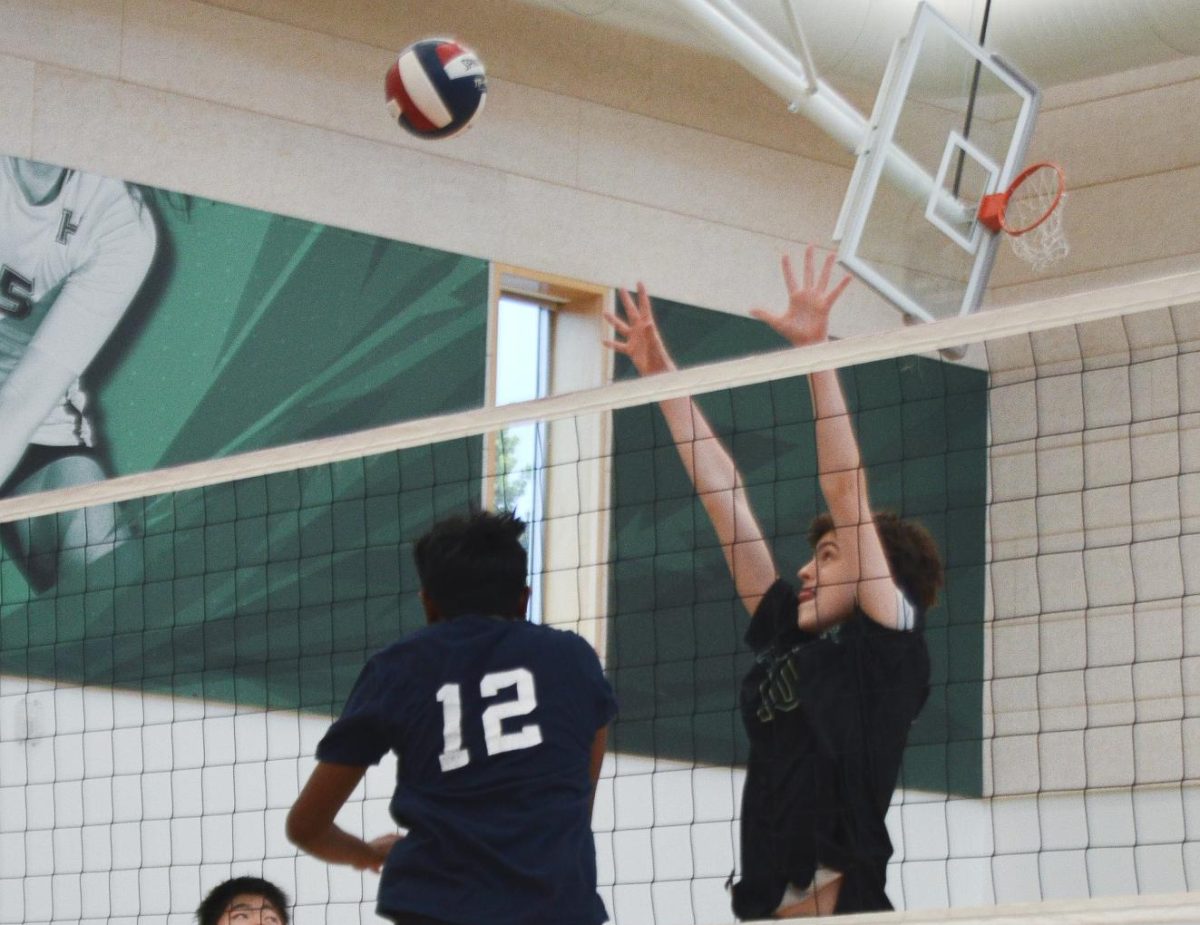




























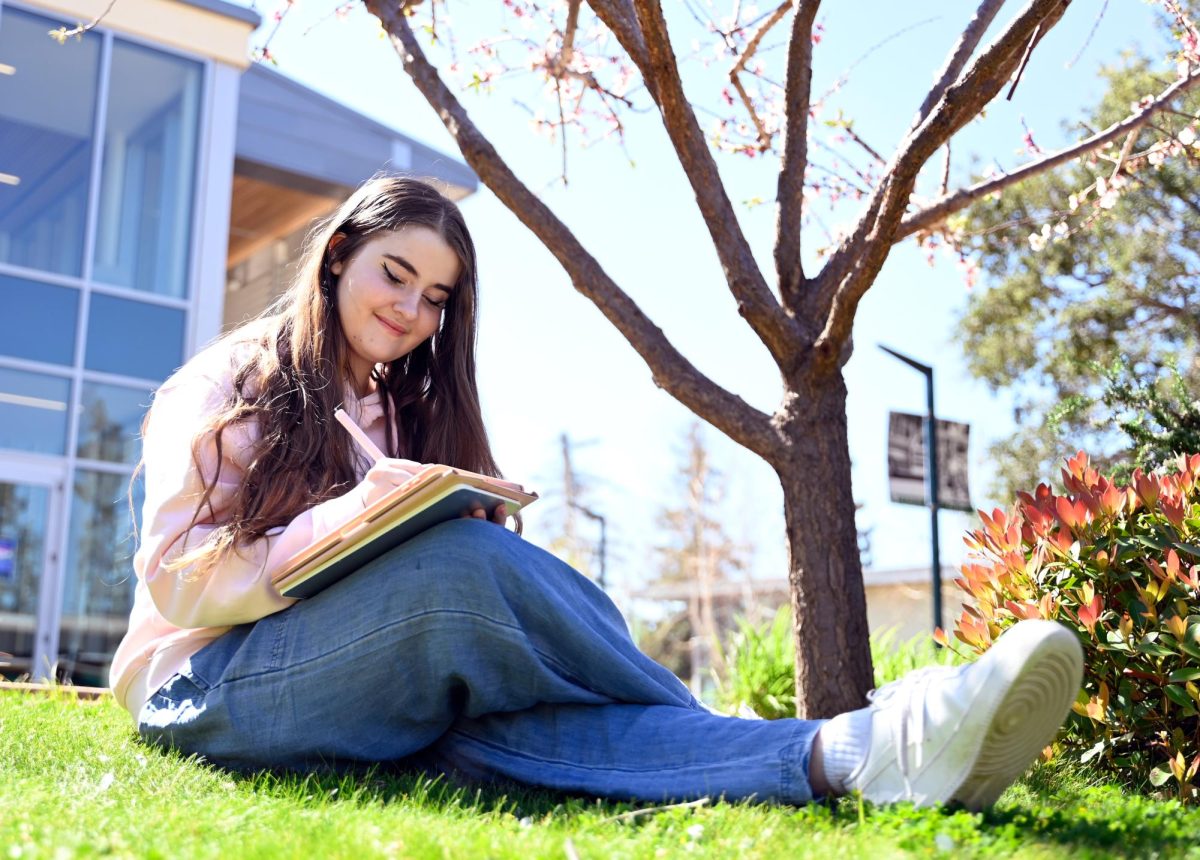
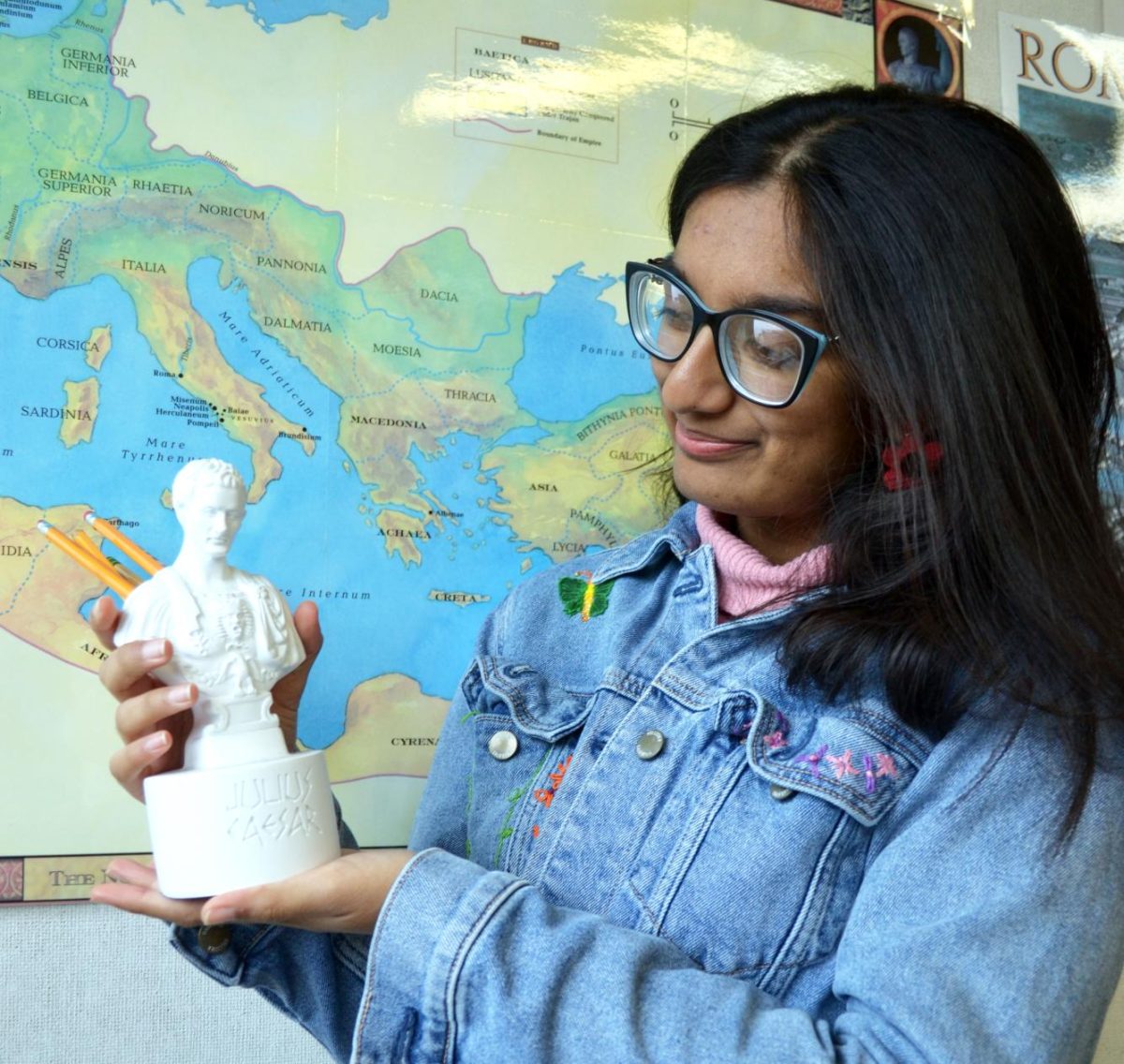
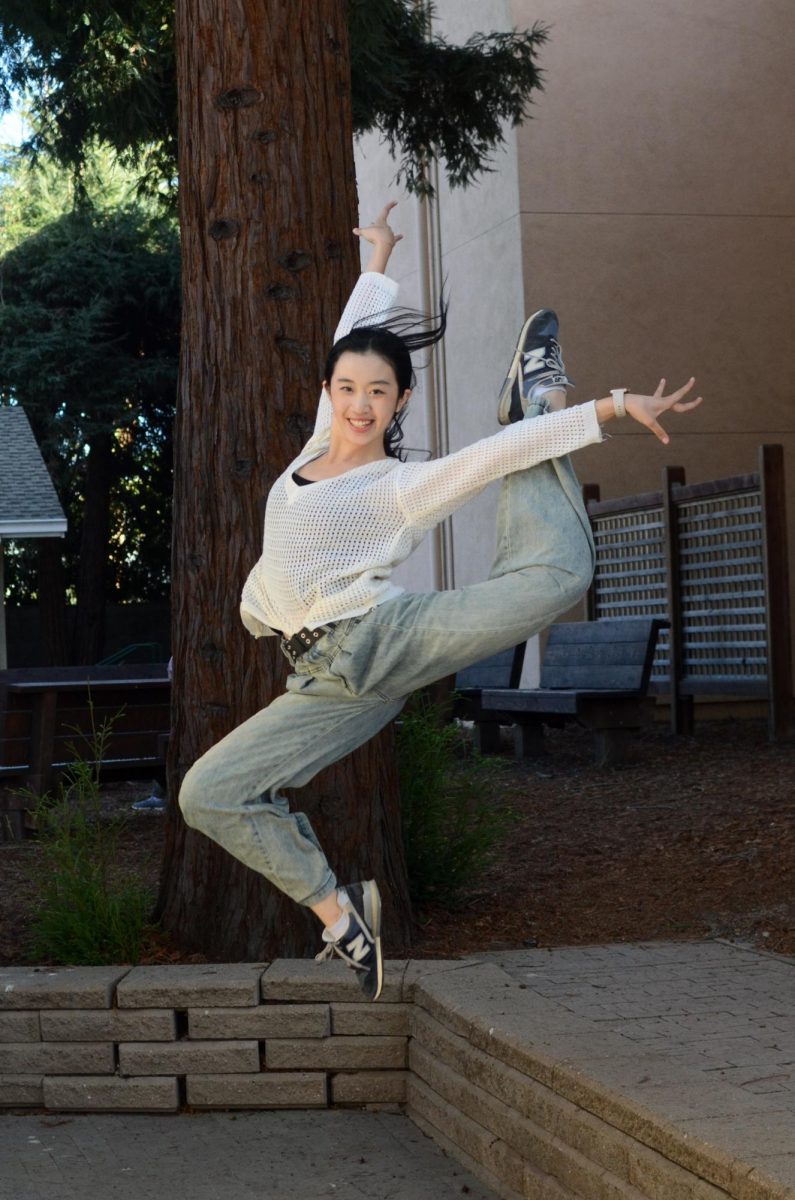
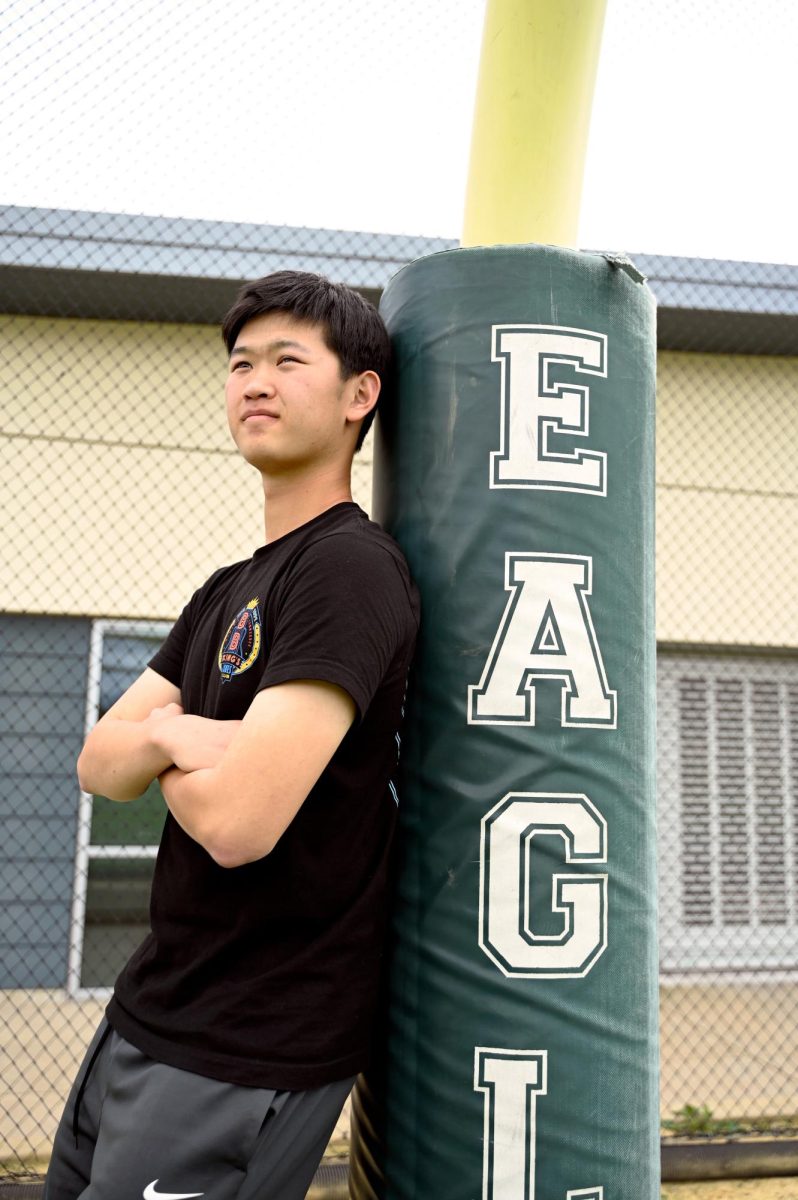
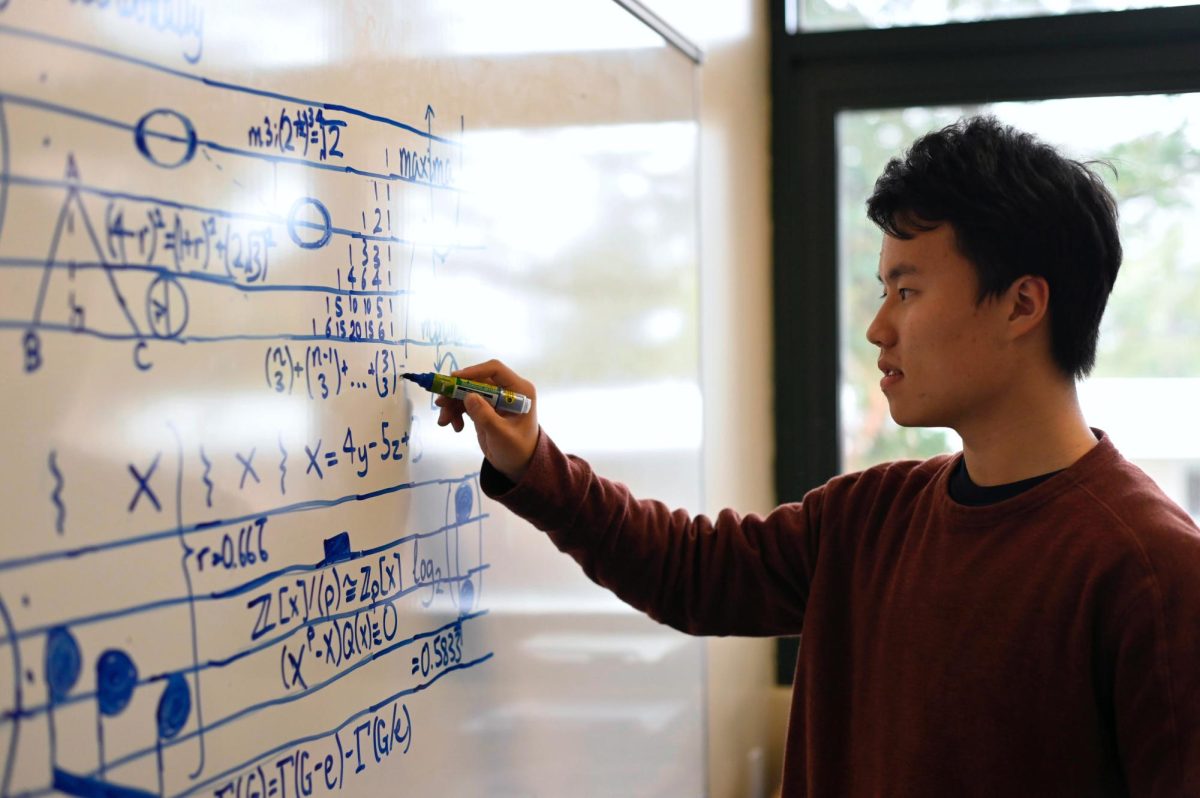








![“[Building nerf blasters] became this outlet of creativity for me that hasnt been matched by anything else. The process [of] making a build complete to your desire is such a painstakingly difficult process, but Ive had to learn from [the skills needed from] soldering to proper painting. Theres so many different options for everything, if you think about it, it exists. The best part is [that] if it doesnt exist, you can build it yourself, Ishaan Parate said.](https://harkeraquila.com/wp-content/uploads/2022/08/DSC_8149-900x604.jpg)


![“Animation just clicked in a way. I had been interested in art, but that felt different. [Animation] felt like it had something behind it, whereas previous things felt surface level. I wasnt making that crazy of things, but just the process of doing it was much more enjoyable, Carter Chadwick (22) said.](https://harkeraquila.com/wp-content/uploads/2022/08/Screen-Shot-2022-08-16-at-9.44.08-AM-900x598.png)


![“When I came into high school, I was ready to be a follower. But DECA was a game changer for me. It helped me overcome my fear of public speaking, and its played such a major role in who Ive become today. To be able to successfully lead a chapter of 150 students, an officer team and be one of the upperclassmen I once really admired is something Im [really] proud of,” Anvitha Tummala (21) said.](https://harkeraquila.com/wp-content/uploads/2021/07/Screen-Shot-2021-07-25-at-9.50.05-AM-900x594.png)



![“[Volleyball has] taught me how to fall correctly, and another thing it taught is that you don’t have to be the best at something to be good at it. If you just hit the ball in a smart way, then it still scores points and you’re good at it. You could be a background player and still make a much bigger impact on the team than you would think,” Anya Gert (’20) said.](https://harkeraquila.com/wp-content/uploads/2020/06/AnnaGert_JinTuan_HoHPhotoEdited-600x900.jpeg)

![“Im not nearly there yet, but [my confidence has] definitely been getting better since I was pretty shy and timid coming into Harker my freshman year. I know that theres a lot of people that are really confident in what they do, and I really admire them. Everyones so driven and that has really pushed me to kind of try to find my own place in high school and be more confident,” Alyssa Huang (’20) said.](https://harkeraquila.com/wp-content/uploads/2020/06/AlyssaHuang_EmilyChen_HoHPhoto-900x749.jpeg)













![“My slogan is ‘slow feet, don’t eat, and I’m hungry.’ You need to run fast to get where you are–you arent going to get those championships if you arent fast,” Angel Cervantes (12) said. “I want to do well in school on my tests and in track and win championships for my team. I live by that, [and] I can do that anywhere: in the classroom or on the field.”](https://harkeraquila.com/wp-content/uploads/2018/06/DSC5146-900x601.jpg)

![“I think getting up in the morning and having a sense of purpose [is exciting]. I think without a certain amount of drive, life is kind of obsolete and mundane, and I think having that every single day is what makes each day unique and kind of makes life exciting,” Neymika Jain (12) said.](https://harkeraquila.com/wp-content/uploads/2017/06/Screen-Shot-2017-06-03-at-4.54.16-PM.png)





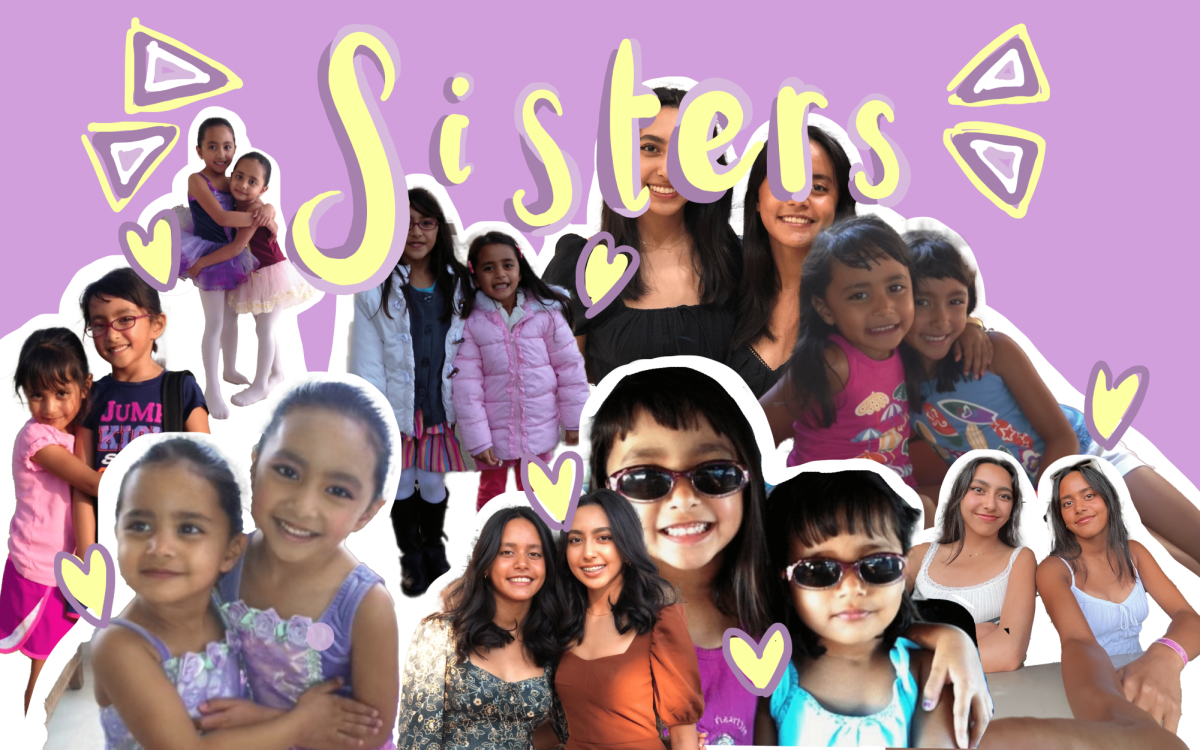
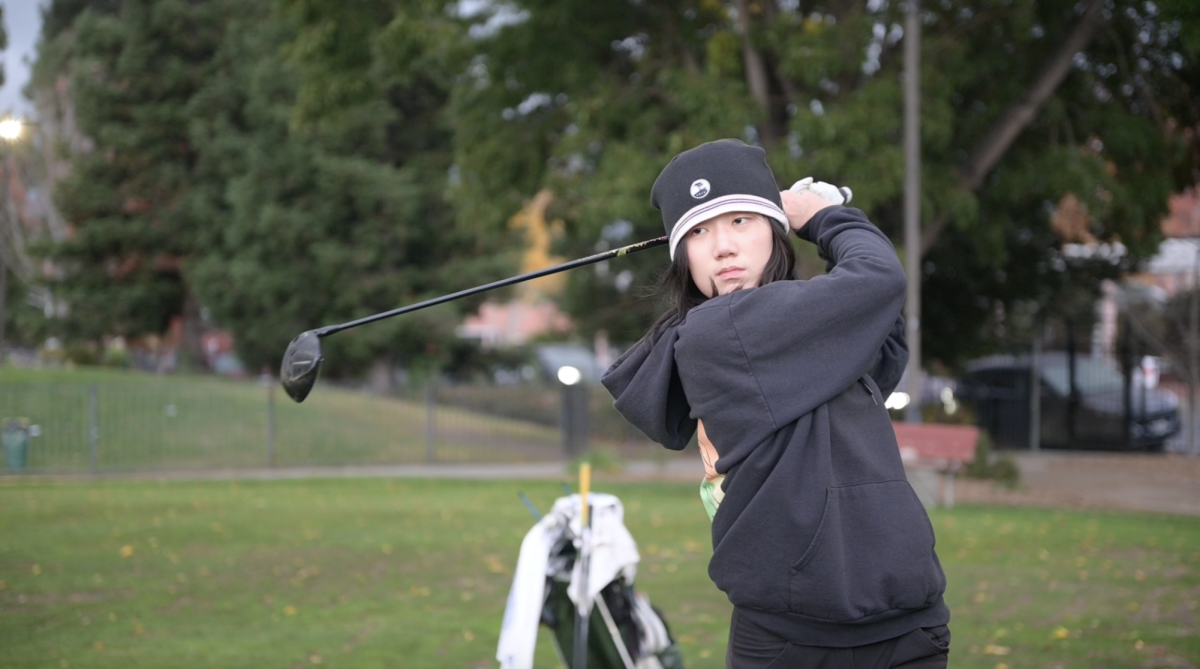
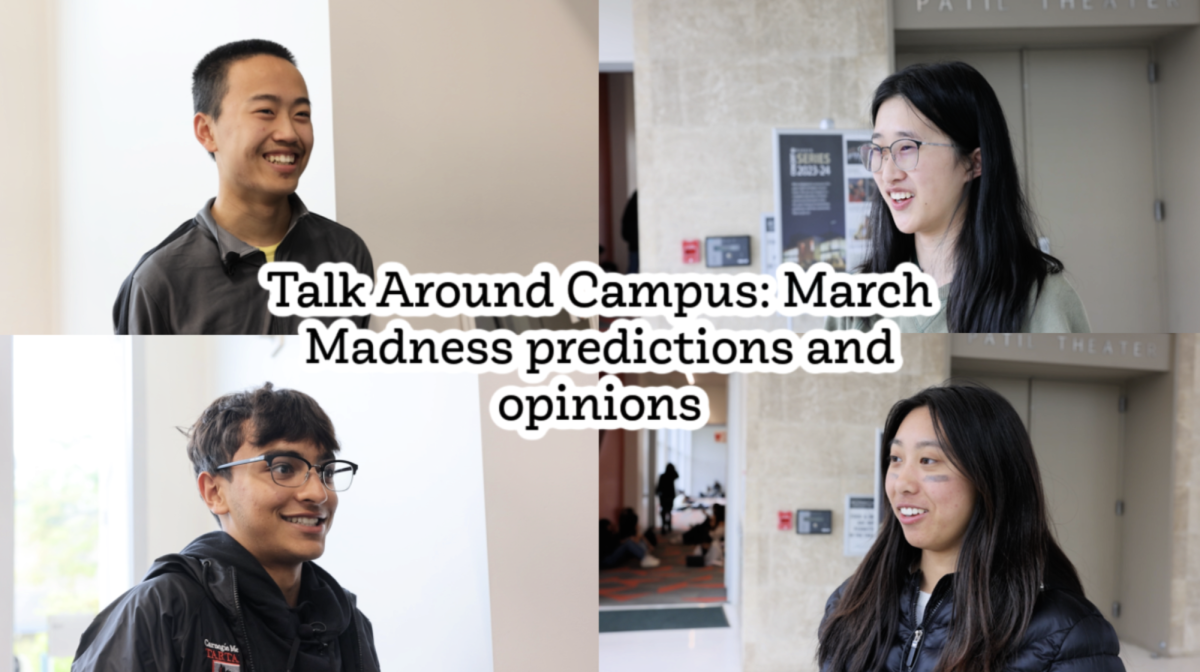
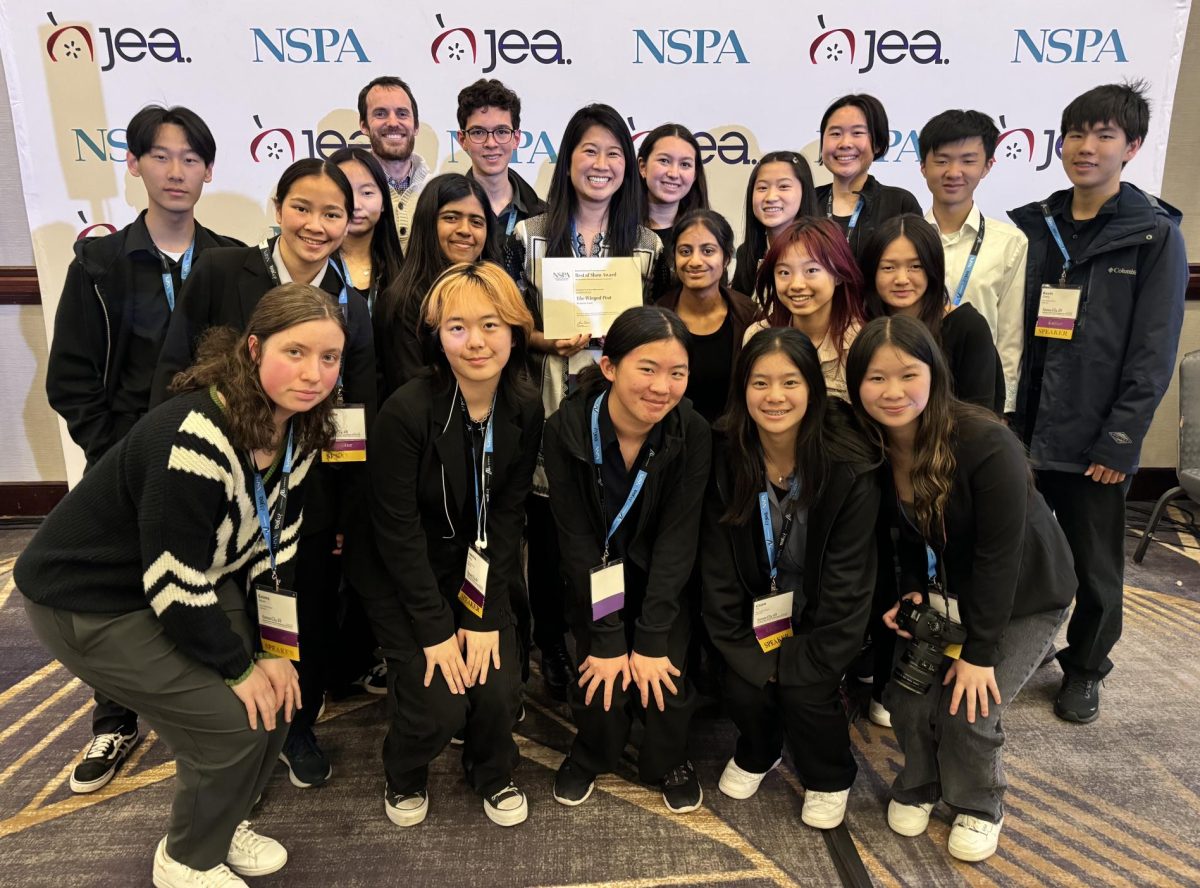

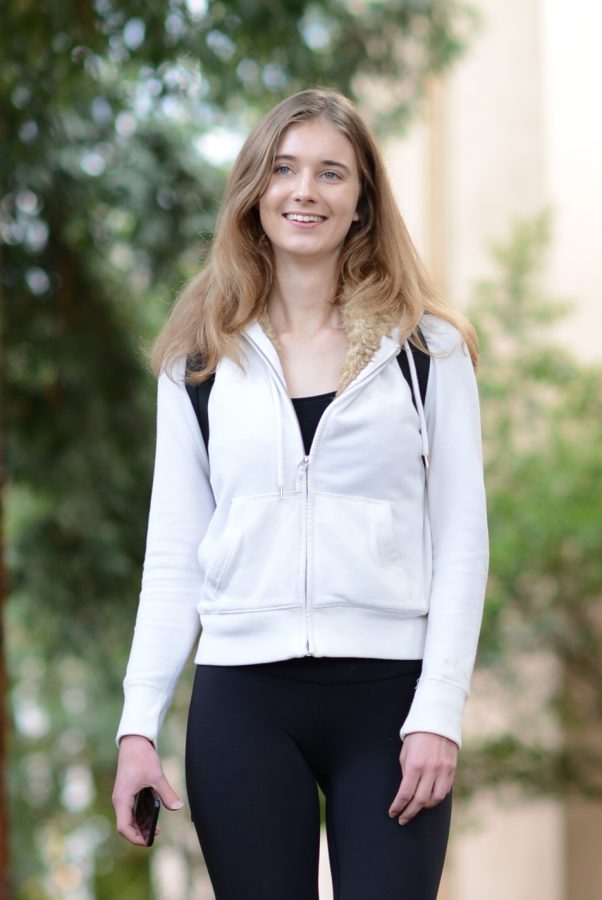
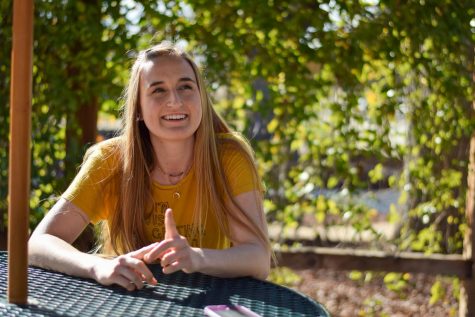
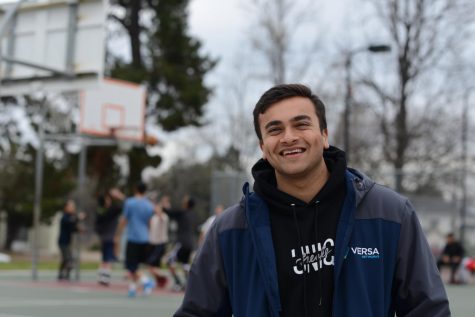
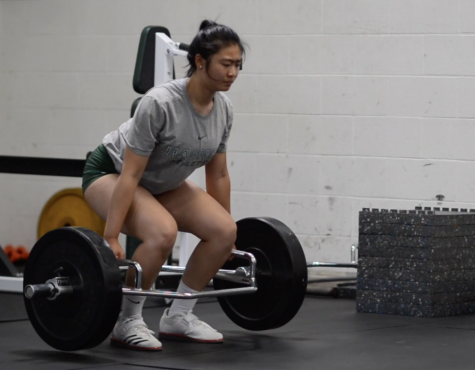

![“My slogan is ‘slow feet, don’t eat, and I’m hungry.’ You need to run fast to get where you are–you arent going to get those championships if you arent fast,” Angel Cervantes (12) said. “I want to do well in school on my tests and in track and win championships for my team. I live by that, [and] I can do that anywhere: in the classroom or on the field.”](https://harkeraquila.com/wp-content/uploads/2018/06/DSC5146-475x317.jpg)
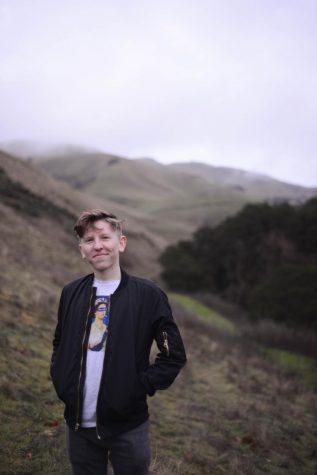
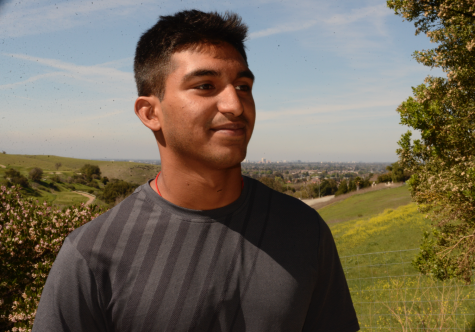
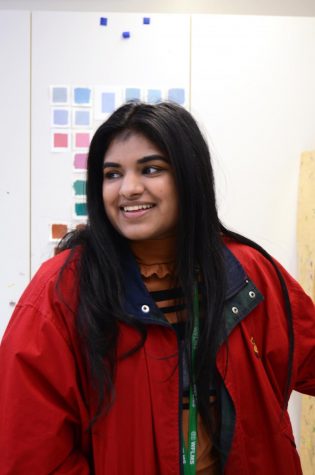
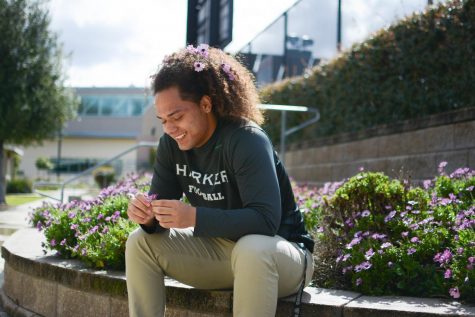
![“Most of our entire friend group played basketball in middle school,” Akshaya Vemuri (12) said. “And on one bus ride, we wanted to come up with names for each other that were related to a family. Everyone has their unique identity in the group, and we kind of use their nickname to identify them. [Meena Gudapati (12)] was just writing down a ton of nicknames for me, and she started calling me ‘Akla’ after ‘baklava’ and just shortened it.”](https://harkeraquila.com/wp-content/uploads/2018/06/AkshayaVemuri-MK-475x340.jpg)